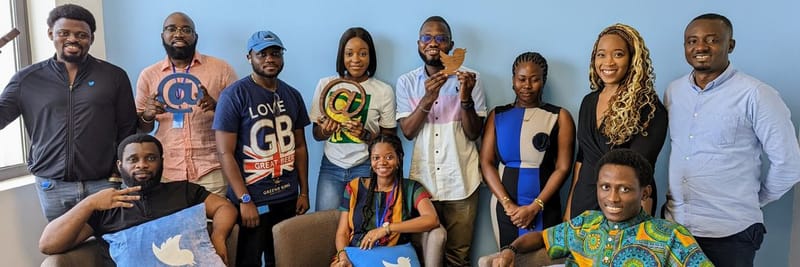In an unusual turn of events, the fallout from Elon Musk's takeover of the once-loved Twitter, now known as X, has echoed across continents, leaving a path of confusion and legal disputes. For the former workers of the African office in Accra, the path from hope to disillusionment exemplifies the complex nature of modern business dynamics and the determination necessary to negotiate them, especially in Africa.
The tale began with a promising narrative – the arrival of Twitter in Ghana was heralded as the dawn of a new era, a testament to the continent's burgeoning tech scene. Ghanaian President Nana Akufo-Addo hailed it as the start of a beautiful relationship, and Jack Dorsey himself expressed interest in immersing in Ghana's vibrant culture. However, the optimism was short-lived as Elon Musk's acquisition swiftly transformed the narrative.
The subsequent layoffs were more than simply figures on a financial sheet; they were individual accounts of lives turned upside down, hopes dashed, and promises left unmet. Only a few weeks after Musk took control, the abrupt termination of employment left many former workers feeling uneasy and under financial hardship. The disparity between the severance packages that were promised and the actual little pay that was received exacerbated the pain and reinforced the sense of betrayal that many felt.
Amidst the turmoil, Agency Seven Seven emerged as a beacon of hope, advocating for the rights of the affected employees and navigating the intricate web of Ghanaian labour laws. Their success in negotiating fair settlements and repatriation expenses underscored the importance of legal representation in safeguarding the rights of workers, particularly in the face of corporate juggernauts.
But beyond the legal wrangling lies a deeper narrative – one that resonates with the African reader on a profound level. It's a story of resilience in the face of adversity, of individuals standing up against corporate giants to reclaim what is rightfully theirs. It sheds light on the harsh realities of the modern workplace, where loyalty and dedication can be overshadowed by profit margins and bottom lines.
Moreover, it serves as a stark reminder of the importance of collective action and solidarity within the African workforce. The former employees' invocation of Ghana's Labour Act of 2003 highlights the power of legislation in protecting workers' rights and holding employers accountable. It underscores the need for greater awareness and advocacy surrounding labor laws across the continent, ensuring that workers are equipped with the knowledge and resources to defend their livelihoods.
In the end, the story of Twitter's African office is not just a cautionary tale – it's a testament to the resilience and tenacity of the African spirit. It's a reminder that, in the face of adversity, there is strength in unity, and that justice, though often elusive, is attainable through perseverance and determination. As the former employees look to the future, they carry with them a newfound sense of empowerment, knowing that their voices were heard and their rights were upheld – a victory not just for themselves, but for workers across the continent.


